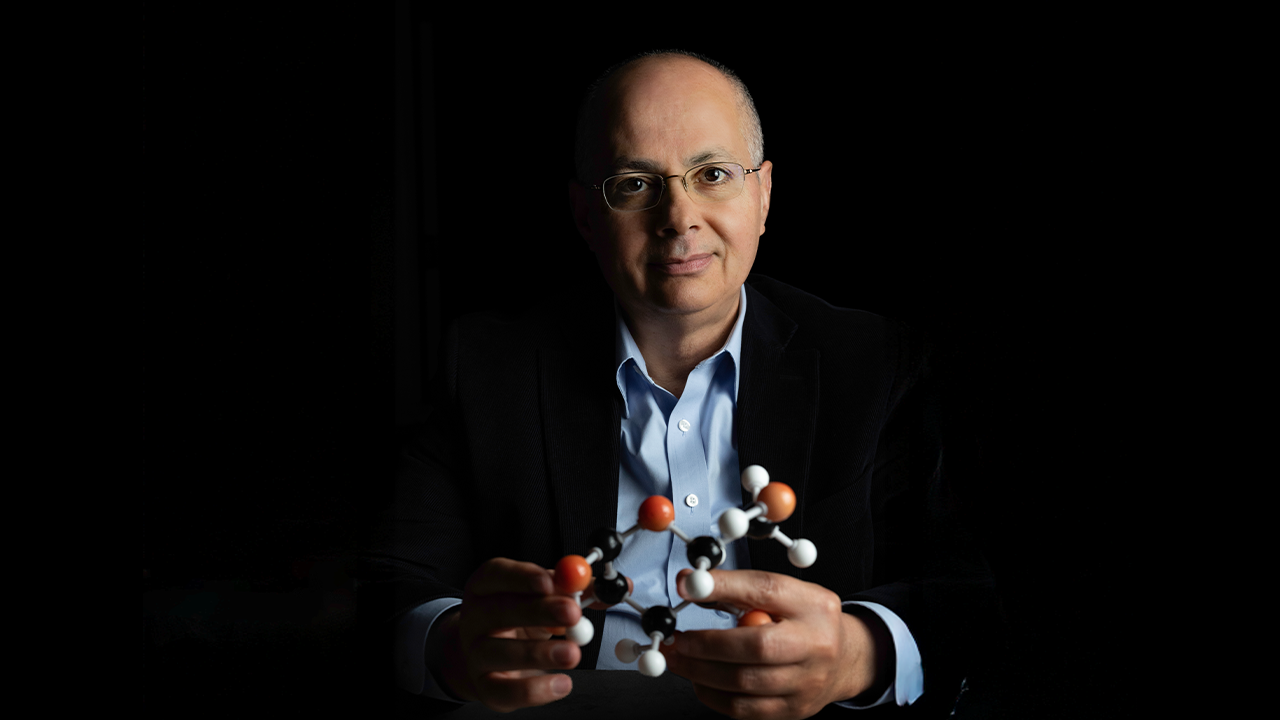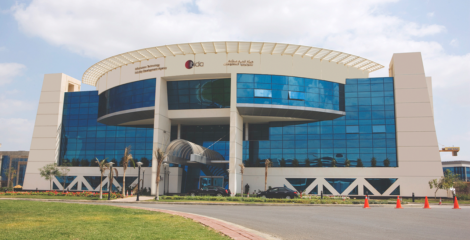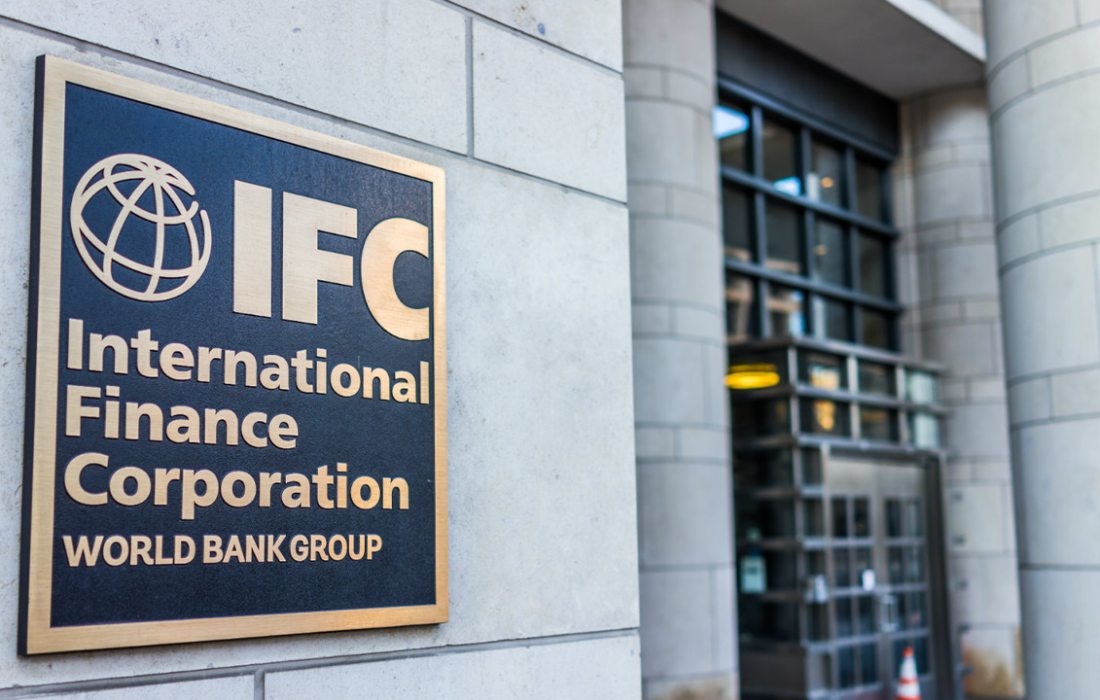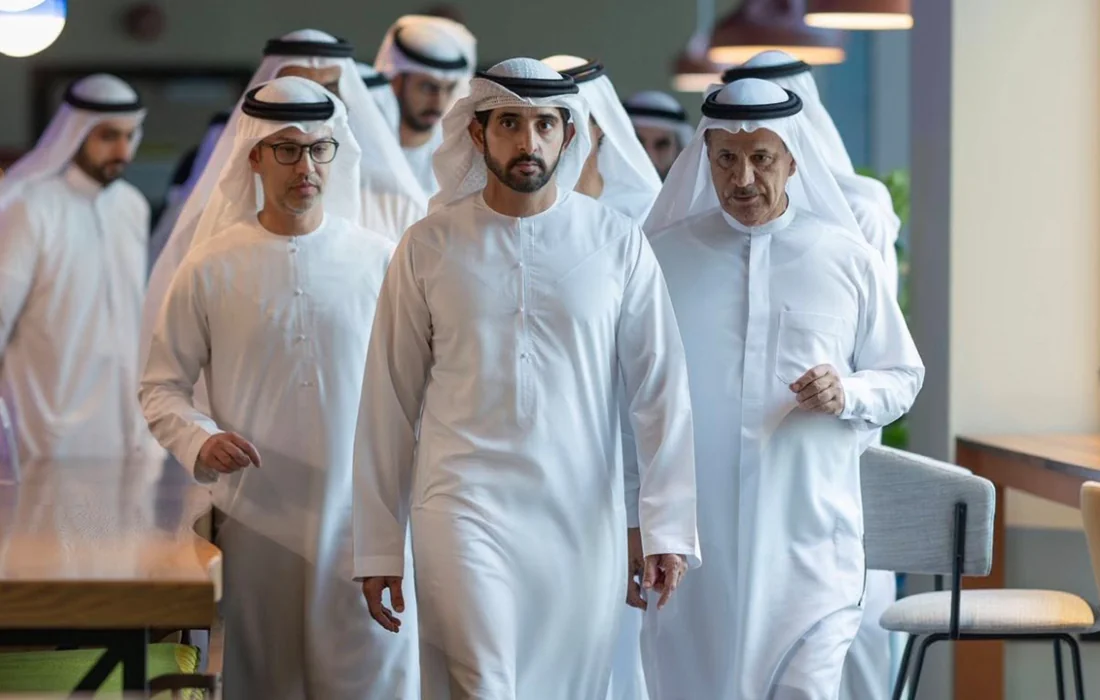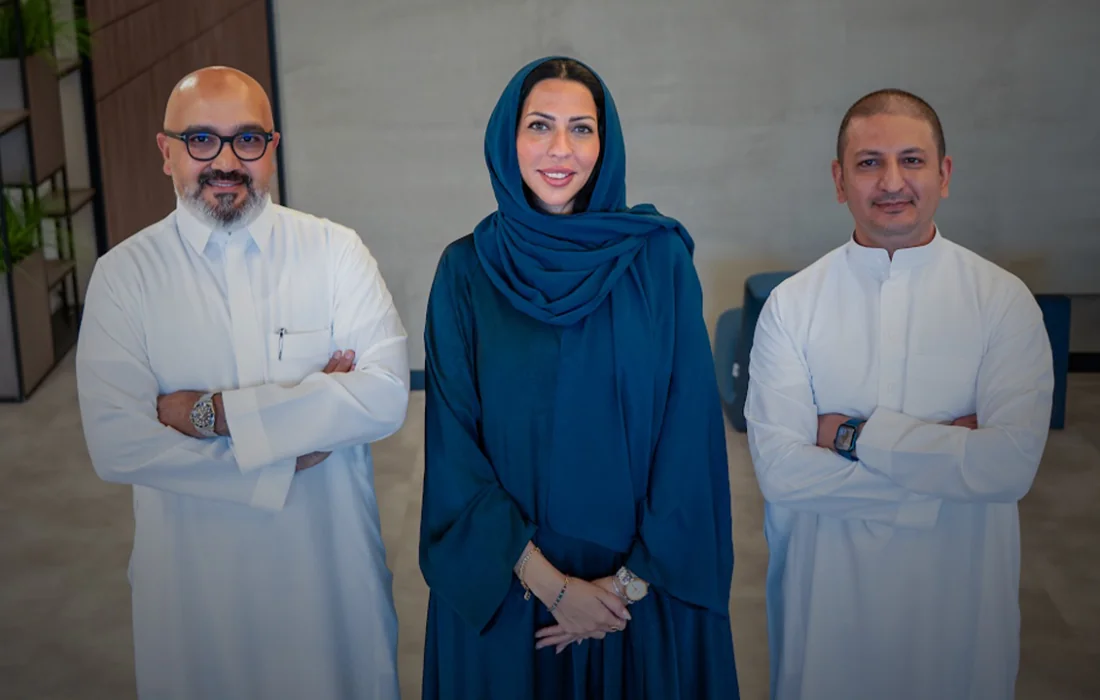- Omar Yaghi and colleagues won the 2025 Nobel Prize for Chemistry for developing metal–organic frameworks (MOFs), a new molecular architecture.
- MOFs are highly porous materials that can capture gases, store liquids, drive chemical reactions, and be customized for specific applications.
- Startups worldwide are leveraging MOFs for environmental tech, energy storage, water harvesting, carbon capture, and removing pollutants from water and air.
Omar Yaghi
Susumu Kitagawa, Richard Robson and Omar Yaghi were awarded the Nobel Prize in Chemistry 2025. They developed a new form of molecular architecture called metal-organic frameworks
In their constructions, metal ions function as cornerstones that are linked by long organic (carbon-based) molecules. Together, the metal ions and molecules are organised to form crystals that contain large cavities. These porous materials are called metal–organic frameworks (MOF). By varying the building blocks used in the MOFs, chemists can design them to capture and store specific substances. MOFs can also drive chemical reactions or conduct electricity.
It started with Robson recognising the potential of his molecular construction, but it was unstable and collapsed easily. However, Susumu Kitagawa and Omar Yaghi provided this building method with a firm foundation. Between 1992 and 2003 they made, separately, a series of revolutionary discoveries.
Kitagawa demonstrated that gases flow in and out of the structures and predicted that MOFs could become flexible. Meanwhile, Palestinian-Jordanian-American scientist Professor Omar Yaghi created a highly stable MOF and used rational design to modify it, giving it new and desirable properties.
Business Potential
Based on these groundbreaking discoveries, chemists have built tens of thousands of different MOFs. Some of these could contribute to solving some of humankind’s greatest challenges. Its application could include applications that include separating PFAS from water and breaking down traces of pharmaceuticals in the environment. Additionally, its applications include capturing carbon dioxide or harvesting water from desert air.
This discovery has catalyzed a wave of innovation in startups and businesses worldwide. These highly porous materials are revolutionizing sectors like environmental technology, energy storage, and pharmaceuticals. Companies like Nuada (UK), Numat Technologies (US), and novoMOF (Switzerland) are already producing MOFs at scale, demonstrating their commercial potential.
Analysts predict that as MOFs become more accessible, regional startups and research institutions could harness them to tackle local challenges. This includes water scarcity, industrial pollution, and carbon management, creating a new frontier for innovation and investment in the region.
If you see something out of place or would like to contribute to this story, check out our Ethics and Policy section.
